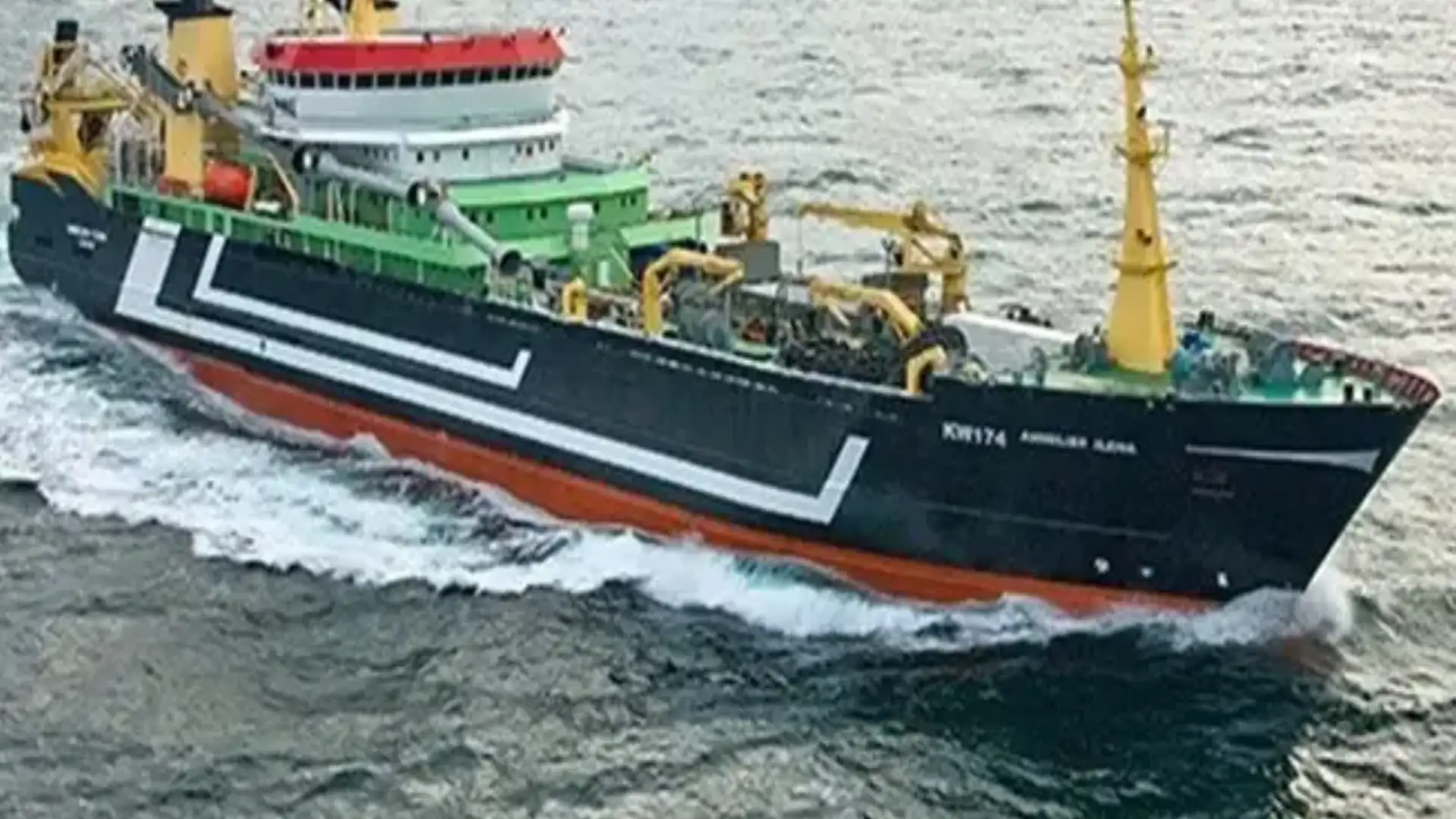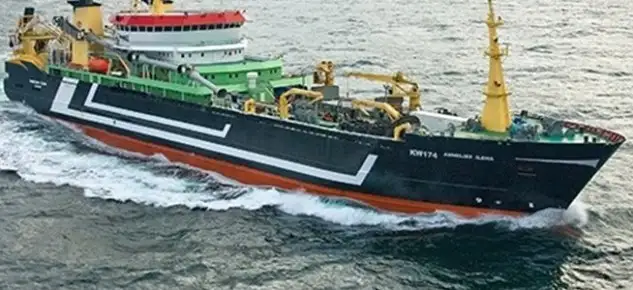
The fisheries sector is concerned by the European Union fleet management regulation
The fisheries sector is concerned by the European Union fleet management regulation

According to Europêche, the new regulation threatens 700 large long-distance vessels and 10,000 direct jobs
The European fisheries sector, grouped in Europêche, has expressed its disappointment following yesterday's European Parliament (EP) vote on the new proposal for a Regulation on the sustainable management of external long-distance fishing fleets (COM (2015) 636). The sector is very concerned that the regulation provides for a system of double punishment, disproportionate and discriminatory, which unnecessarily threatens the activity of 700 large ships and 10,000 jobs.
In particular, and according to Europêche, the new regulation creates a double penalty, since the ship and the master of the ship would be subject not only to the penalties provided for in the Control Regulations and INDR, but also could not apply for an authorisation if, during the previous 12 months, they had committed a serious infringement, resulting in a year of stay. This fact, in the view of Europêche, could seriously risk the profitability of companies engaged in sustainable and socially responsible fishing for making a single mistake. The employer also recalls that at present these two regulations, which are intended to deter illegal fishing, can already severely penalise fishermen and that in the case of serious infringements may result in the immobilisation of the vessel, the temporary suspension of fishing authorisation or even the final withdrawal of the licence.
The European fisheries sector denounces that Article 5 of the Regulation also violates the principle of non-discrimination, as the same infringements do not have the same penalties within and outside EU waters. For the same infringements, fishermen outside the EU would have an additional penalty, such as the inability to obtain a fishing authorisation for 12 months. This would mean creating a double standard for similar offences. In this way and according to Europêche, the rule would expose fishing vessels operating in third country waters to their control systems, without a prior democratic validation of these systems, in many cases. According to the employer, this problem is aggravated by the fact that there is no homogeneity in the regulations of the different Member States of the Union, which, in the opinion of Javier Garat, general secretary of Cepesca and president of Europêche, "could lead to very different penalties for the same infringement on the basis of the flag of the ship in question... the EU must ensure that all its citizens enjoy the same rights and obligations, rather than exacerbate the differences between them".
In order to fish outside Community waters, EU vessels have to obtain an authorisation from their flag Member State, already operating under a Sustainable Fisheries Association Agreement (SFPA), a direct authorisation from a third country through a private agreement or an ORP (Regional Fisheries Organisation). The authorisation is granted in compliance with a number of common criteria to be verified by the granting State at least once a year: the administrative information on the vessel and the master, a single identification number of the vessel by the International Maritime Organisation (IMO), a valid fishing licence and not part of an illegal fishing list adopted by the EU or a regional fisheries management organisation.
Finally, the sector considers this regulation to be an excellent opportunity to review existing regulations and promote simplification, transparency, better governance, and monitoring of the application of standards, ensuring their sustainability. The entire EU fishing industry fully supports these objectives and considers it necessary to find the right balance between the sustainable management of fishing activities outside the Union's waters and the need for sound and rapid administrative procedures. Europêche hopes that the EU institutions will change the current situation in the trilogos and that a balanced political commitment will be achieved.
© 2024 Nautica Digital Europe - www.nauticadigital.eu











